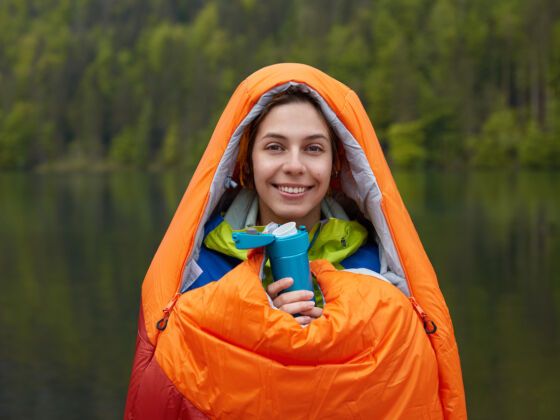But a recent report by British sustainable living magazine Ethical Consumer has uncovered some nasty secrets behind the kit many of us buy before we set off round the world.
Fleeces
Fleece might sound fluffy and natural, but it’s actually plastic, and made from petrochemicals. The oil industry comes in for plenty of flak since the Gulf of Mexico spill, but day-to-day operations have huge environmental and human rights impacts too – from destroying gray whale habitats around Sakhalin to conflict between oil multinationals and communities in the Niger Delta area of Nigeria.
So for low-impact fleeces? A number of companies – pioneers Patagonia, and now several other brands – offer recycled plastic fleeces. Make sure you opt for ‘100% post-consumer waste’, so that it’s genuinely recycled rather than a way for plastics factories to divert offcuts.
